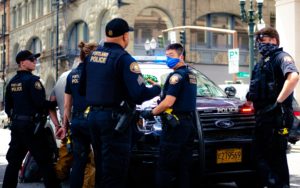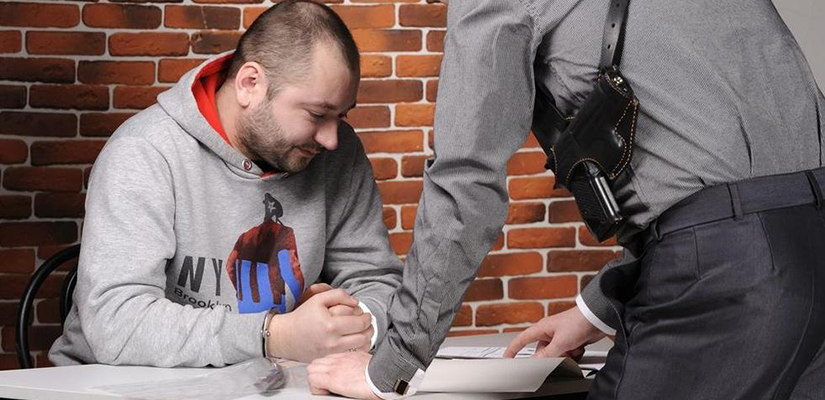The Case of Vega v. Tekoh
The case of Vega v. Tekoh involved a sexual assault investigation at a medical facility in Los Angeles. The prime suspect, Terence Tekoh, worked at the facility and was interrogated by a deputy sheriff, Carlos Vega. Vega did not provide Tekoh with his Miranda rights, which are a type of notification given by police officers to suspects in custody advising them of their right to silence and protection from self-incrimination. As such, Tekoh confessed and provided a written statement that he had touched a patient inappropriately.
Tekoh’s confession was admitted as evidence in court, and during his trial, the judge ruled that his Miranda rights were not violated because he was not in custody when he confessed. Ultimately, Tekoh was acquitted. However, Tekoh was upset and filed a civil rights lawsuit against Vega under a statute known as Section 1983. Tekoh sought damages for the violation of his Fifth Amendment constitutional right against self-incrimination. The case made it up to the Supreme Court, where the Court ruled this week that a violation of the Miranda rules does not provide a basis for a Section 1983 claim. 
Supreme Court Rules You Can’t Sue Police for Violating Your Miranda Rights
Section 1983 provides a civil cause of action against a state actor if they use the legal system to deprive a person of their constitutional rights. Vega v. Tekoh is important for establishing whether a Miranda violation can be the basis for a civil lawsuit under Section 1983. In a 6 to 3 decision, the Supreme Court ruled in the negative. If a police officer fails to inform you of your right to remain silent and avoid self-incrimination, you cannot sue under federal law as a violation of your civil rights.
In Justice Samuel Alito’s opinion, he writes that the purpose of a Miranda warning is to serve as a safeguard against potential deliberate abuse by police officers or prosecutors. However, a Miranda violation does not necessarily constitute a Fifth Amendment violation if someone voluntarily confesses. The Court reasoned that a suspect in custody may make self-incriminating statements without any kind of compulsion. Because a Miranda violation is not automatically a violation of the Fifth Amendment, a civil rights lawsuit was not justified in Tekoh’s case.
To be clear, this case does not overturn Miranda v. Arizona. Police must still inform a suspect of their right to remain silent and to request an attorney, or risk violating the suspect’s Fifth Amendment rights. But when that right is violated, people are unable to use Section 1983 to file a civil action lawsuit against the offender and seek damages. This means that while the Supreme Court recognizes that these constitutional rights exist, the Court also shields those who violate these rights from liability, making it difficult for officers to take them seriously.
With this ruling, it is even more important now than ever to know your rights in order to avoid self-incrimination. If you have been arrested, do not speak to law enforcement without your attorney present. It’s hard to take back something that has already been said, and anything you say can and will be used against you in court. Contact Wallin & Klarich immediately after your arrest to ensure that you preserve your rights.
Contact Wallin & Klarich Today
If you have been arrested, it is crucial for you to contact a skilled defense attorney at Wallin & Klarich as soon as possible. With 40+ years of experience, Wallin & Klarich is your best choice amongst Southern California criminal defense firms. Our attorneys have helped thousands of clients to succeed in a wide range of cases, and we will be there every step of the way to make sure that your rights are not being violated. We have the skills and resources to secure the best outcome for you. You can place your trust in us.
With offices in Orange County, Riverside, San Bernardino, Victorville, Torrance, West Covina, Los Angeles, and San Diego, you are sure to find an available and convenient attorney near you.
Discover how our team can assist you. Contact us today, toll-free at (877) 4-NO-JAIL or (877) 466-5245 for a free consultation with a skilled defense attorney.



